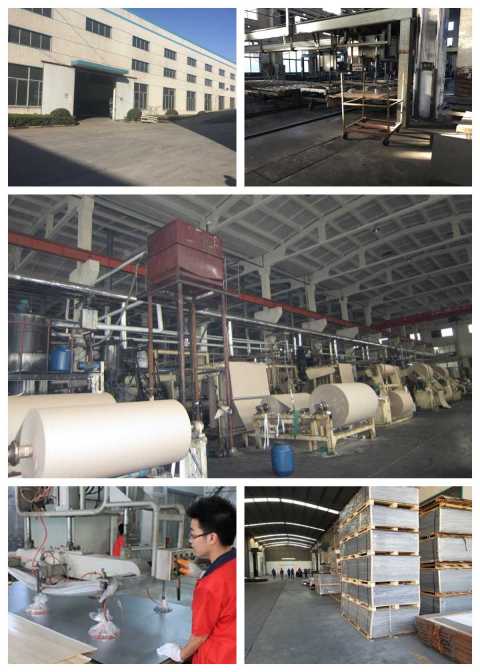Fume hood phenolic worktops
The fume hood phenolic worktops serve as the core carrier for experimental operations. Since fume hoods function as the primary area for handling volatile, corrosive, or toxic substances, their worktops— which directly interface with various chemicals and experimental procedures— must meet stringent performance standards. In fact, the inherent characteristics of phenolic resin worktops make them an ideal choice for this critical application: for instance, they are widely deployed in chemical laboratories, biological laboratories, pharmaceutical R&D facilities, and other high-risk settings, thereby providing laboratory personnel with a safe and durable operational foundation. In contrast to ordinary worktops, these specialized phenolic resin surfaces not only better complement the safety functions of fume hoods but also mitigate the risk of chemical leakage and experimental accidents caused by worktop damage, while simultaneously extending the overall service life of the fume hood system.

Analysis of core functions:
- The anti-spill design at the edges of the fume hood phenolic worktops is of vital importance. Marine edge can quickly intercept leaked liquid reagents, preventing them from seeping into the cabinet interior to corrode the structure or flowing onto the floor to cause slipping risks.
- Anti-permeation: A physical barrier is formed through the marine edge structure to block the path of liquid permeation into the cabinet, protecting the safety of the equipment structure.
- Anti-slip: Collect leaked liquid in time to reduce the hidden danger of slippery ground and improve the safety of the operating environment.
- Design logic:
- Using the principle of fluid mechanics, the marine edge form guides the liquid to flow to the designated collection area, realizing the protection chain of “interception – diversion – collection”. It is suitable for scenarios with strict anti-leakage requirements such as laboratories and chemical operation platforms.
- Meanwhile, the phenolic worktops need to efficiently integrate with the ventilation system: a smooth and level surface should ensure uniform airflow passage, preventing harmful gases from stagnating in the operation area.
- Additionally, anti-static and easy-to-clean features can reduce dust accumulation and electrostatic spark hazards.
- Combined with regular disinfection and maintenance, they further safeguard the experimental environment. From reagent pouring to high-temperature reactions, every detail of the worktop design aims to “block risks and protect safety,” making it the first line of defense in laboratory safety protection.
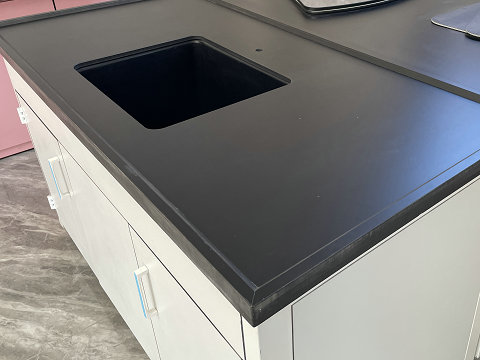
fume hood boards Specifications
| Name | Fume hood phenolic worktops |
|---|---|
| Feature | Chemical resistance |
| Material | Phenolic resin |
| Type | Worktop |
| Size | Custom |
| Thickness | 12.7, 16,19, 25 |
| Color | Black, grey, white |
| Surface finish | Matt |
| Density | 1.51 |
| Certificate | SEFA3-2010 |
| Fabricating drawing | Requred |
phenolic resin sheets of fume hood

Fume hood liners of compact laminate
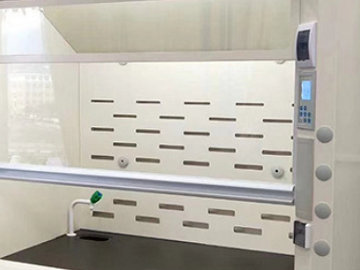
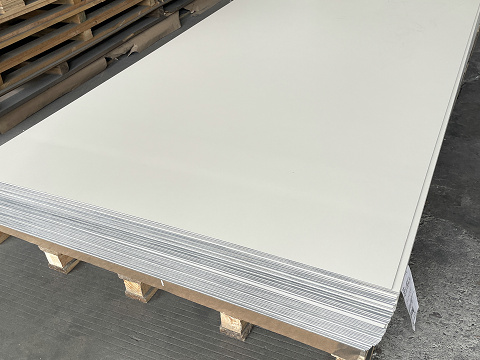
chemical resistance
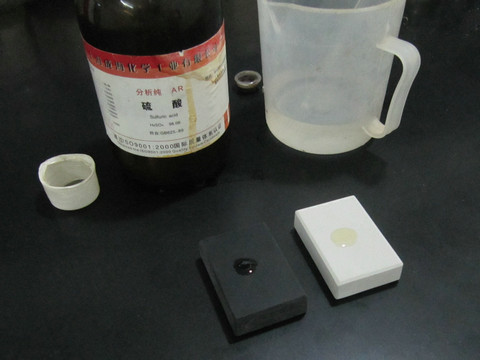
SGS cretificate
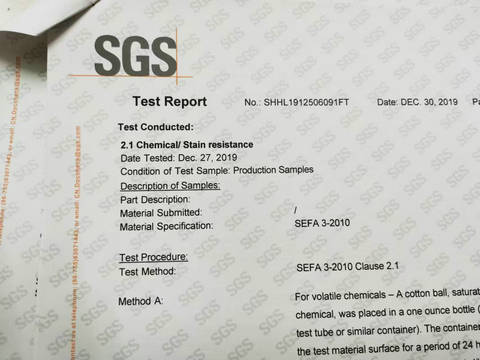
Worktops fabricating
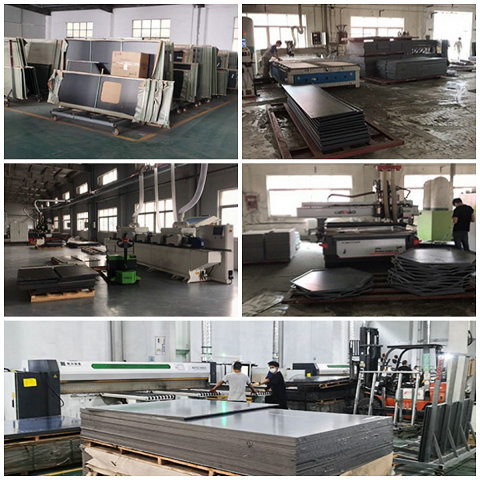
Worktops shipping
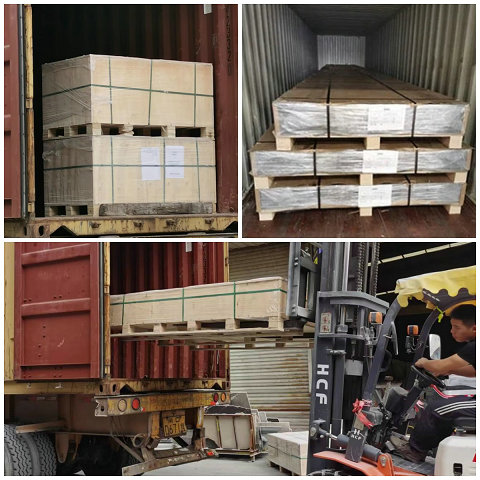
A Professional fume hood phenolic countertops supplier
